3 Generations of Halo Modding
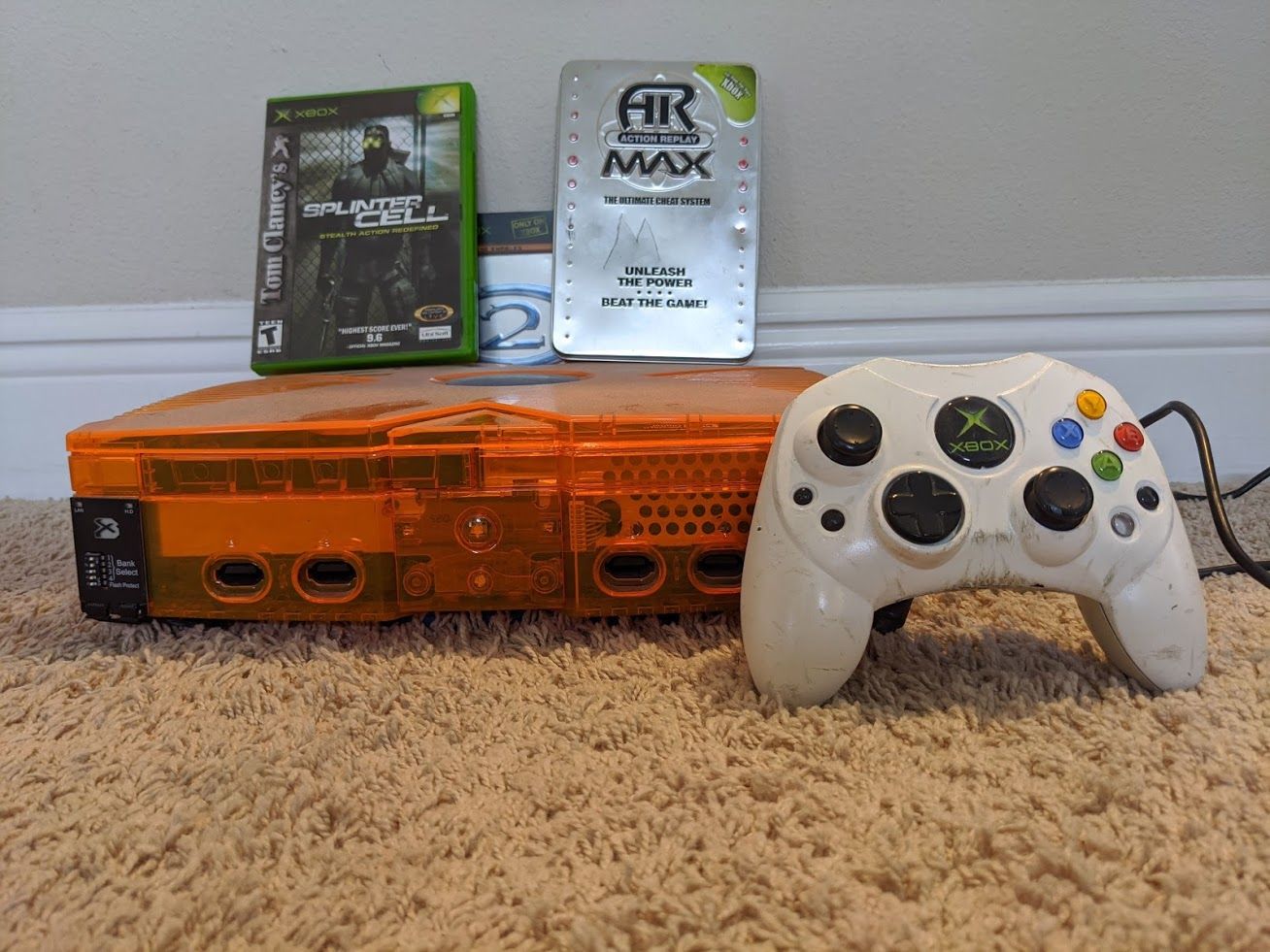
So this post is about three generations of modding - the community, the tools and the changes from my memory.
My intro to modding began with Halo 2 on the original Xbox. This was as easy as buying Splinter Cell and getting some sort of device for modifying saved games on a memory unit. This was huge - anyone could "softmod" their box by simply buying two relatively cheap things.
If you are interested in how this actually worked, XboxDev Wiki has tons of details for the process, which was basically finding vulnerabilities (in this case a buffer overflow)
I'm under the belief that an easy to mod console with a cheap barrier to entry led to the explosion that was Xbox modding, specifically Halo 2.
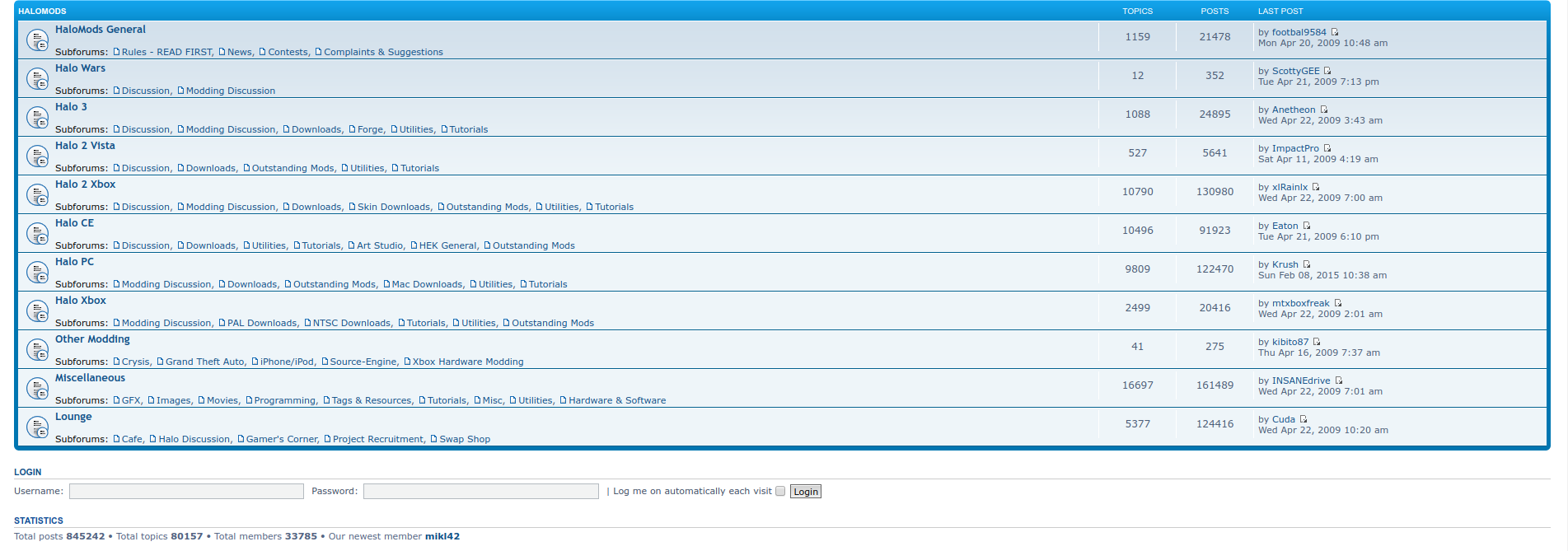
Halomods was the home to hundreds of utilities and thousands of thousands of discussions for modifying the game. Tools were built for controlling the water on levels while many other tools were full blown map editors. Competing sites launched and the scene erupted with chats strewn across IRC, AIM and MSN.
Those old enough to really understand the technical complexity of things could even leverage debug dashboards and certain version of Visual Studio (I think 2003) to attach a debugger to the Xbox itself. This would make research eons better as well as growing to the continued expanse of tools (Xbox Media Center, Xored Trainer Launcher and Xecuter Mod Chips)
Doing anything for 6+ years takes a toll though and the leadership around Halomods retired as the Xbox 360 and Halo 3 was about to be released. This takes us to my 2nd generation of Halo modding with the Xbox 360.
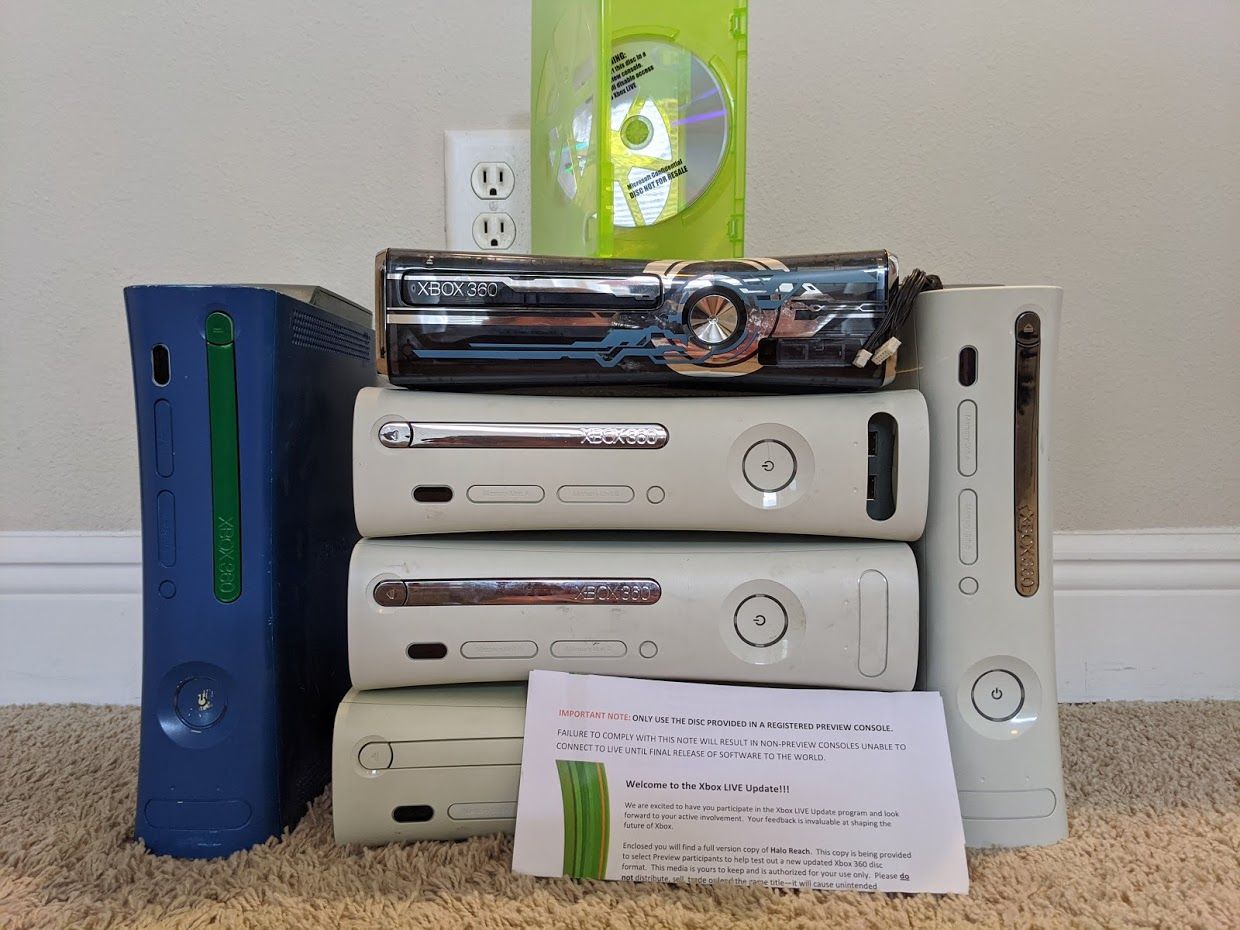
This era of modding entered the world of hiding knowledge behind walls. The previous generation shared information, but this was difficult as popular mainline revision services like GitHub, Bitbucket and Gitlab simply did not exist yet.
So lets talk the process of modifying Xbox 360s which was not easy. You basically had to purchase a developer kit (illegally) or discover an exploit in the console for retail users to chain into something to run home brew code.
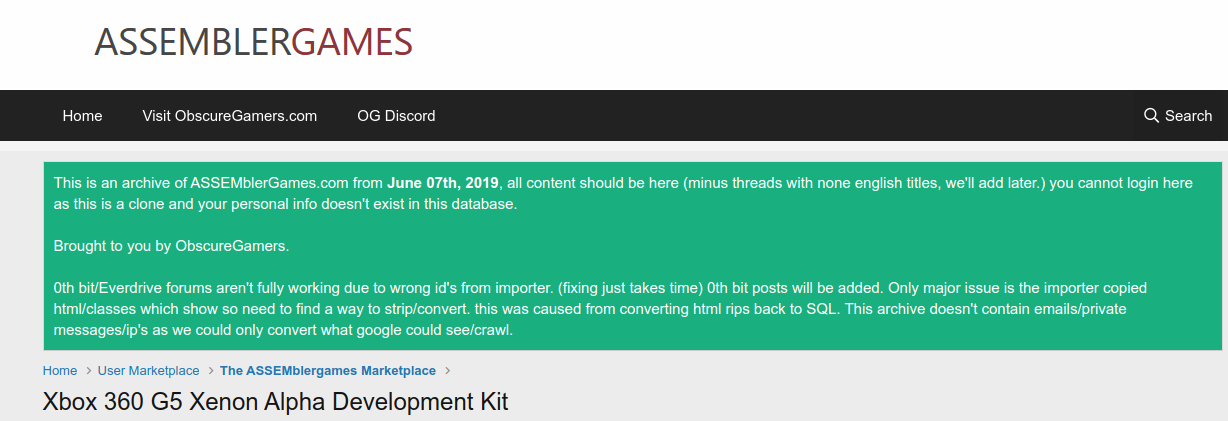
AssemblerGames became a place to buy "kits", which ranged in price from a few hundred bucks to thousands of dollars. If you were lucky enough to get one of these you could experience the modification of Halo 3, 4 and Reach. However, nothing ever resembled the community and knowledge that Halo 1/2 offered.
Instead communities spawned aligning themselves behind some closed source massive game save editors. I remember from memory Modio, Horizon and Valhalla which was an interesting era. Sites competing against supporting the most amount of games for tool editors.

The folks I hung around were on team Horizon and we hated Modio. This started an ugly era of the scene where research was locked behind payment and stuck in Skype chats and passed between groups. It almost became like loyalty to a specific site and this led to large groups being formed. I remember sitting in chats and being asked to ban a user because of x,y,z (I was still running iBotModz at that time).
Though this was not good for the growth of the scene. It was more beneficial to keep research, tools and plugins locally and promote your own website or YouTube instead of putting whitepapers forward.
I was semi guilty of this myself, racing to find a secret in some research that I was keeping to myself.
Halo CE - Debug Mode
This is not at all what the leadership of the Halo 2 era wanted. They gave us whitepapers in 2004 (Iron Forge's H2 Whitepaper) and the next generation of Halo simply destroyed that chasing fame and fortune instead of sharing.
There was a light at the end of the tunnel though and that was the return of open research. Kornman's Open Sauce launched which included an interesting license attached to it.
OpenSauce is licensed under GPLv3. The main reasoning behind this is to force the community to share derivative works.
I don't really know how to enforce an open source license if someone violates it, but Kornman was around during the beginning of Halo era so I imagine he could relate to the drastic changes between the scenes as later Halos were released.
This good fortune continued with another good boom for the community as XboxChaos launched the following with source code for free:
- Composer - Halo 4 Audio Extraction
- Liberty - Halo Gamesave Editor
- Nitrogen - Halo 4 Map/Game Variant Editor
- Assembly - Multi-Generation Blam Engine Research Tool
Though the damage was done - the barrier to entry was still too high. While some retail exploits were discovered they were either too complicated (KK Hack), too restrictive on requirements (JTAG Hack) or just too finicky (RGH Hack).
Though people pushed on (normally pushing for COD hacks) - I took the JTAG route and soldered cables together to get myself into the game. It was not that fun - as nothing built resembled the spectacular nature of the modifications I experienced in Halo 2.
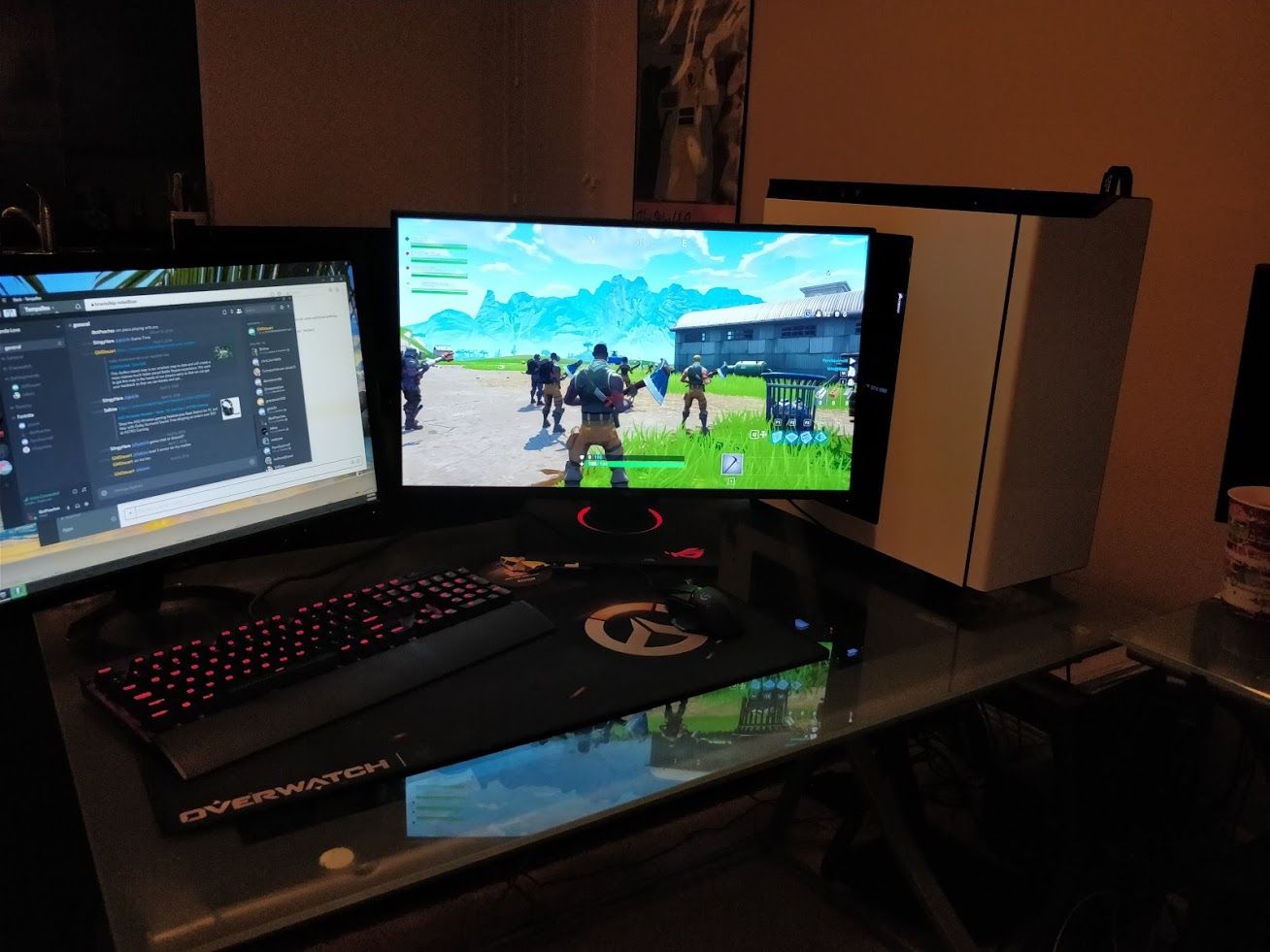
So now we reach the 3rd generation of Halo modding which as the photo suggests is on the PC. Halo MCC is launching title by title (Currently retail just has Reach and Halo 1) which is promising the return of modding for Halo 2, 3 and 4.
I don't know the scene anymore, I don't know where people hang out. I'm hoping research continues in the open light and based on Assembly having commits in the past 48 hours might prove the era of open research is back.
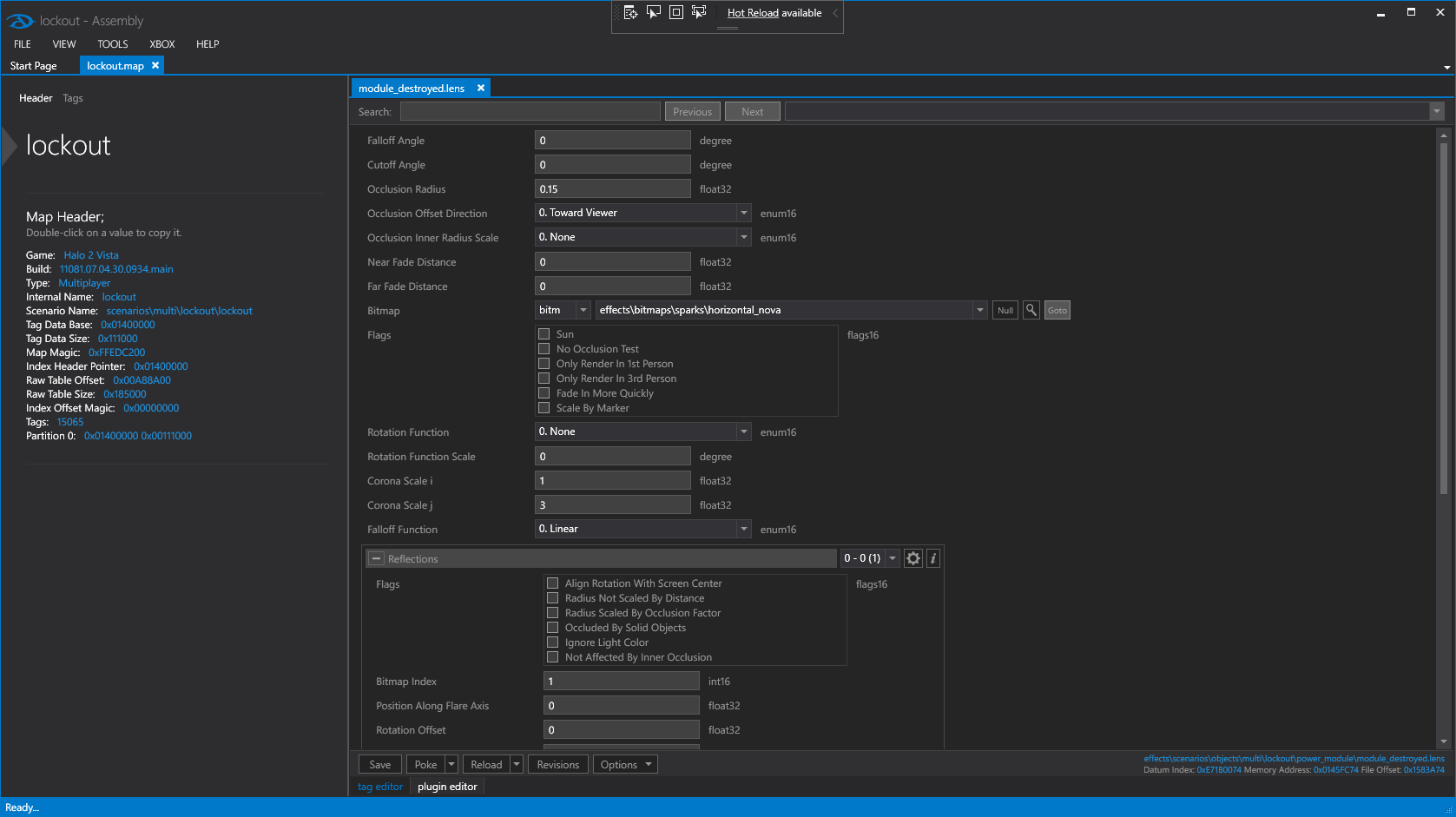
I'll keep following the scene, helping where I can and patiently awaiting Halo 2 and 3 on the PC.
